The Radix Ecological Sustainablity Center
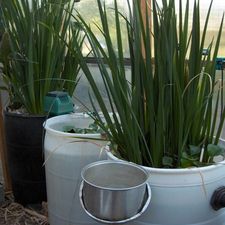
Who:
Scott Kellogg and Stacy Pettigrew
Project:
The Radix Ecological Sustainability Center
Bio:
The Radix Ecological Sustainability Center is a new 501(c)3 not-for-profit educational organization based in inner city Albany, NY. The purpose of the Radix Center is to promote ecological literacy and environmental stewardship through educational programs based around demonstrations of sustainable technologies.
The Radix Center was founded by Educational Director Scott Kellogg and Executive Director Stacy Pettigrew. Pettigrew and Kellogg designed and implemented a $200,000 EPA 2004 Brownfield Cleanup Award awarded to the Rhizome Collective for the Grove Landfill Cleanup in Austin, Texas. They authored the book "Toolbox for Sustainable City Living" (South End Press, 2008). Kellogg has lectured and taught workshops at numerous universities and conferences throughout the country. Kellogg and Pettigrew relocated to Albany, NY, where they founded the Radix Center. He was recently chosen to serve on the Mayor's Committee on Sustainability.
Proposed Project:
After 2 years of planning and permitting, we have nearly completed construction on our greenhouse, which will serve as the main building of the Radix Center. We are requesting funding to create a 2000 gallon recirculating aquaculture system. Being both environmentally educational and economically functional, it will serve as an exciting model of an ecologically regenerative micro-industry.
In the aquaculture system, fish, like tilapia and catfish, are raised in conjunction with aquatic plants such as watercress. This system, known as aquaponics, converts the organic wastes produced by fish into nutrients for plants. The fishes' diets will consist significantly of locally produced food wastes and of worms raised in the Radix Center's vermicomposting system. The water in the tanks will collected off the roof of the greenhouse with a raincatch system. Having high thermal mass properties, this water will store heat from the sun, reducing the amount of supplemental heating needed in the greenhouse.
Income from selling both fish and plants to local markets and restaurants will help fund the Radix Center's educational activities. Solid wastes produced by the fish will also be collected and sold as fertilizer.
The system will also function as a training ground for green job development. Fish are a low fat and nutrient dense food. One-third of the world's population relies on fish as its main source of protein. However, the extent to which fish are commercially harvested is dangerously unsustainable. A recent study by the National Oceanic and Atmospheric Administration (NOAA) determined that if current practices continue, total collapse of global oceanic fisheries could occur by 2040. Another concern related to fish consumption is the amount of pollutants that accumulate in the bodies of fish. Locally, there is a ban on eating fish from our main waterway, the Hudson River.
Aquaponic systems offer a local, environmentally sustainable, and economically viable alternative to the problems of overfishing and fish toxicity. Unlike industrial scale fish farms, our model system is largely a closed loop. All fish foods are free of toxins, no pharmaceuticals or antibiotics are added, and no pollution is discharged into local waterways. Highly efficient converters of protein, fish raised as food have a low environmental impact. A cow needs to eat 10 pounds of protein for every pound of body weight gained. Fish, on the other hand, need a mere 1.5 pounds of protein per pound of weight gained. Our aquaponic system is designed to be carbon neutral, with energy requirements largely met from the sun, through both passive heating and solar panels.
Designed to be simple, affordable, and scale-able, the system can be easily replicated. We hope it will inspire green entrepreneurialism in a diversity of settings, including inner city environments.
Educationally, this modeled aquatic ecosystem will demonstrate the relationships between the biological, chemical, and physical components of an aquatic ecosystem and its inhabitants. The model ecosystem will be contained within the greenhouse and will consist of a series of tanks filled with re-circulating water. Each tank will represent a differ ent type of freshwater aquatic environment, such as a pond, stream habitat, or wetland, and will contain an array of organisms found in each of those eco types. Wastes produced by fish living in the tanks will be converted by the activity of microorganisms into nutrients for plants co-inhabiting the system.
By studying and interacting with this simulated eco system, workshop participants will develop an awareness of
• nutrient cycling and contaminant transport in aquatic environments,
• the role of sewage and agricultural runoff in the eutrophication of bodies of water,
• fish biology,
• the hydrological cycle,
• the importance of watersheds,
• aquatic invertebrate's function as indicators of ecosystem health,
• the connection between the health of local aquatic environments and drinking water quality
• small scale aquaculture's potential as a su stainable alternative to the depletion of global fisheries and its promise as a "green" urban micro-industry.
What's next:
This funding will be used toward aquaculture supplies: tanks, tubes, pumps, gravel, fish, and plants, and we will begin building the system immediately. The aquaculture system will be a prominent educational feature at the Radix Center. It will help attract students to Radix Center workshops and provide income to sustain our educational activities. It will also help put Albany on the map as a city with innovative green projects.
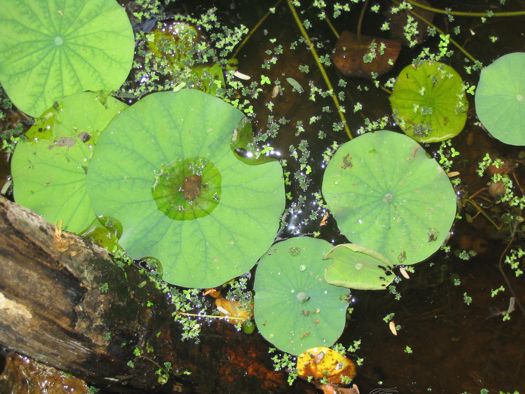
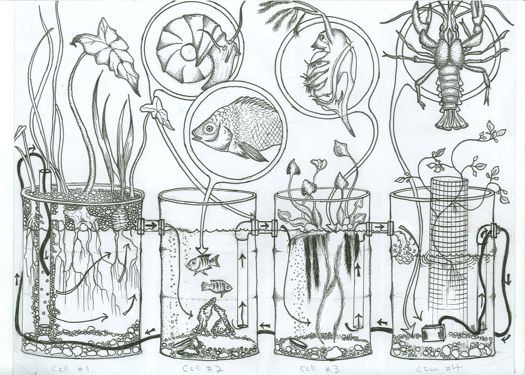
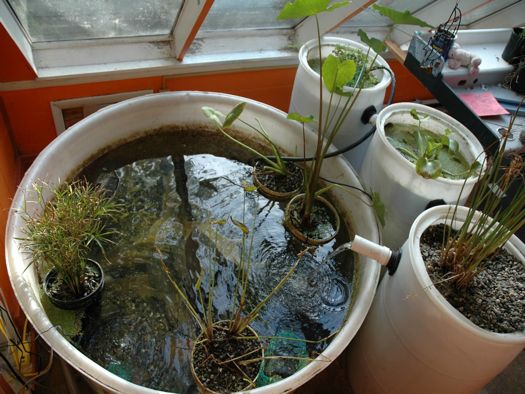
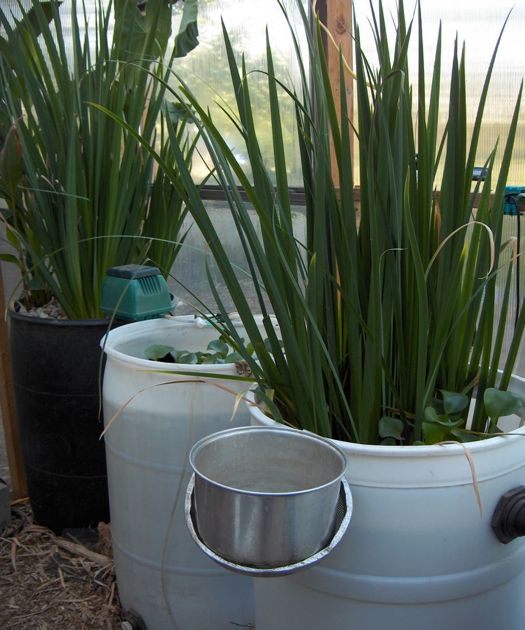
Maybe you'd like to share...
TweetNext application: Troy Bike Rescue
Previous application: Navigate: New York U.I.









